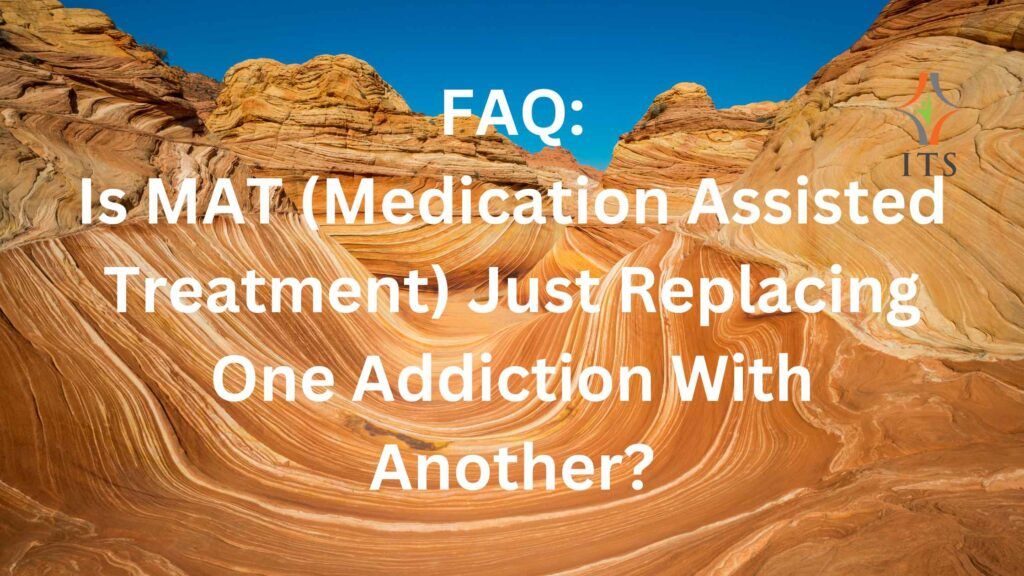
The perception that Medication-Assisted Treatment (MAT) merely replaces one addiction with another is a common misconception, yet it fundamentally misunderstands the nature and purpose of MAT in the treatment of opioid use disorders (OUDs) and other substance use disorders. Our organization, steadfast in its commitment to providing compassionate, evidence-based care, aims to dispel such myths by shedding light on how MAT functions as a crucial component of comprehensive addiction treatment.
Understanding MAT
Medication-Assisted Treatment combines FDA-approved medications with counseling and behavioral therapies to treat substance use disorders. This integrated approach is designed to address the whole person, improving treatment outcomes by mitigating withdrawal symptoms, reducing cravings, and stabilizing brain chemistry. The Substance Abuse and Mental Health Services Administration (SAMHSA) underscores the efficacy of MAT, highlighting its role in reducing the need for inpatient detoxification services and increasing patients’ ability to maintain employment and improve their quality of life (https://www.samhsa.gov/medication-assisted-treatment).
Dispelling Myths
Not Merely Substitution:
Critics often mistakenly view MAT as substituting one drug for another. However, this perspective overlooks the pharmacological nature of the medications used in MAT, which are specifically designed to prevent euphoria, diminish withdrawal symptoms, and reduce cravings without the harmful behaviors associated with addiction. Unlike the substances that lead to OUDs, MAT medications such as methadone, buprenorphine, and naltrexone are administered under medical supervision and are part of a regulated treatment plan aimed at recovery and rehabilitation.
Evidence-Based Efficacy:
Research consistently demonstrates the effectiveness of MAT in promoting recovery from OUDs. For instance, a study cited by the National Institute on Drug Abuse (NIDA) found that MAT significantly increases patient retention in treatment and decreases illicit opiate use compared to treatments that do not include medications (https://www.drugabuse.gov/publications/drugfacts/medication-assisted-treatment-opioid-addiction). These findings underscore MAT’s role in supporting long-term recovery, rather than perpetuating addiction.
Holistic Approach to Treatment:
MAT is not a standalone solution but part of a comprehensive treatment strategy that includes counseling and behavioral therapies. This holistic approach ensures that the psychological, social, and behavioral aspects of addiction are addressed, facilitating a more sustainable recovery process. By integrating MAT with therapeutic interventions, patients receive tailored support that meets their specific needs, fostering healing and empowerment.
A Call to Action
Our commitment to debunking myths surrounding MAT is unwavering, as is our dedication to offering professional, informative, and compassionate care. We believe in empowering individuals with accurate information and evidence-based treatment options to make informed decisions about their recovery journey.
If you or a loved one are navigating the challenges of opioid use disorder, we encourage you to reach out. Together, we can explore how Medication-Assisted Treatment, as part of a comprehensive recovery plan, can provide a pathway to a healthier, more fulfilling life. Let us support you in taking the first step towards recovery and reclaiming control over your future.
